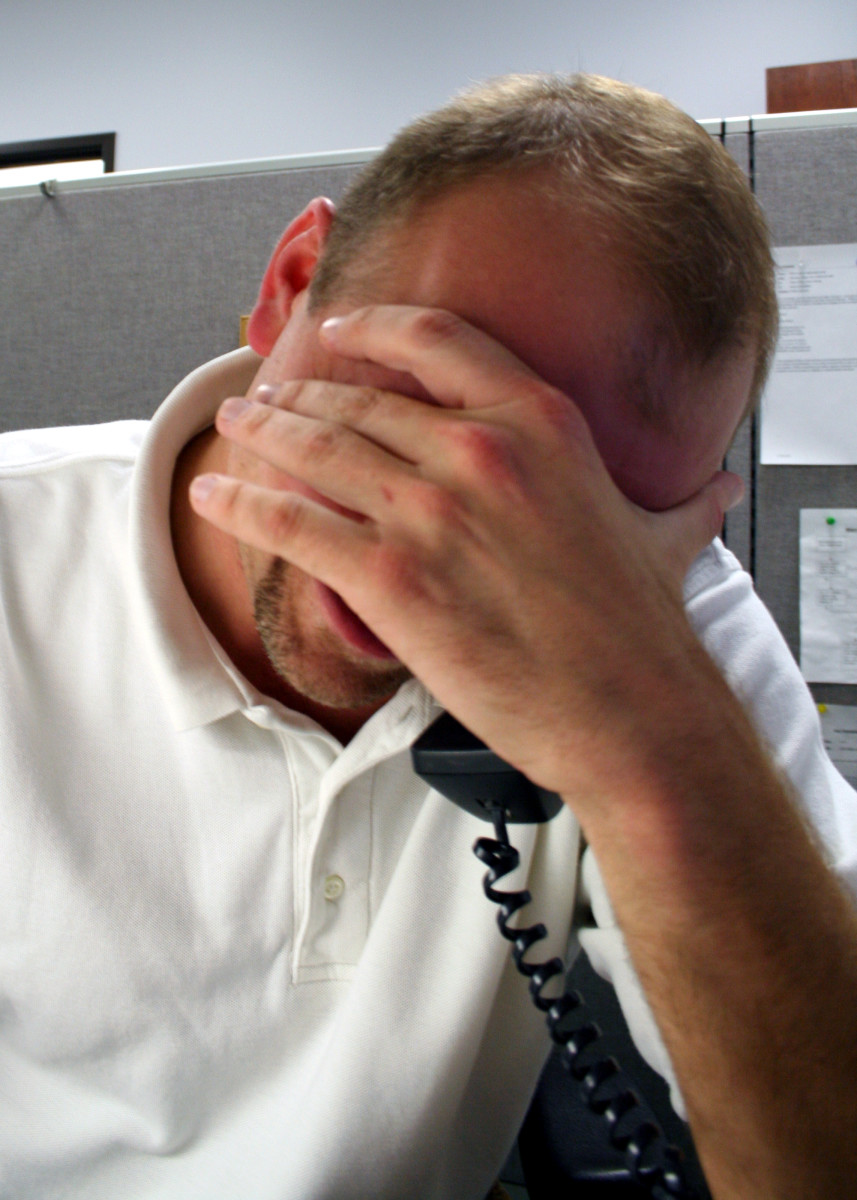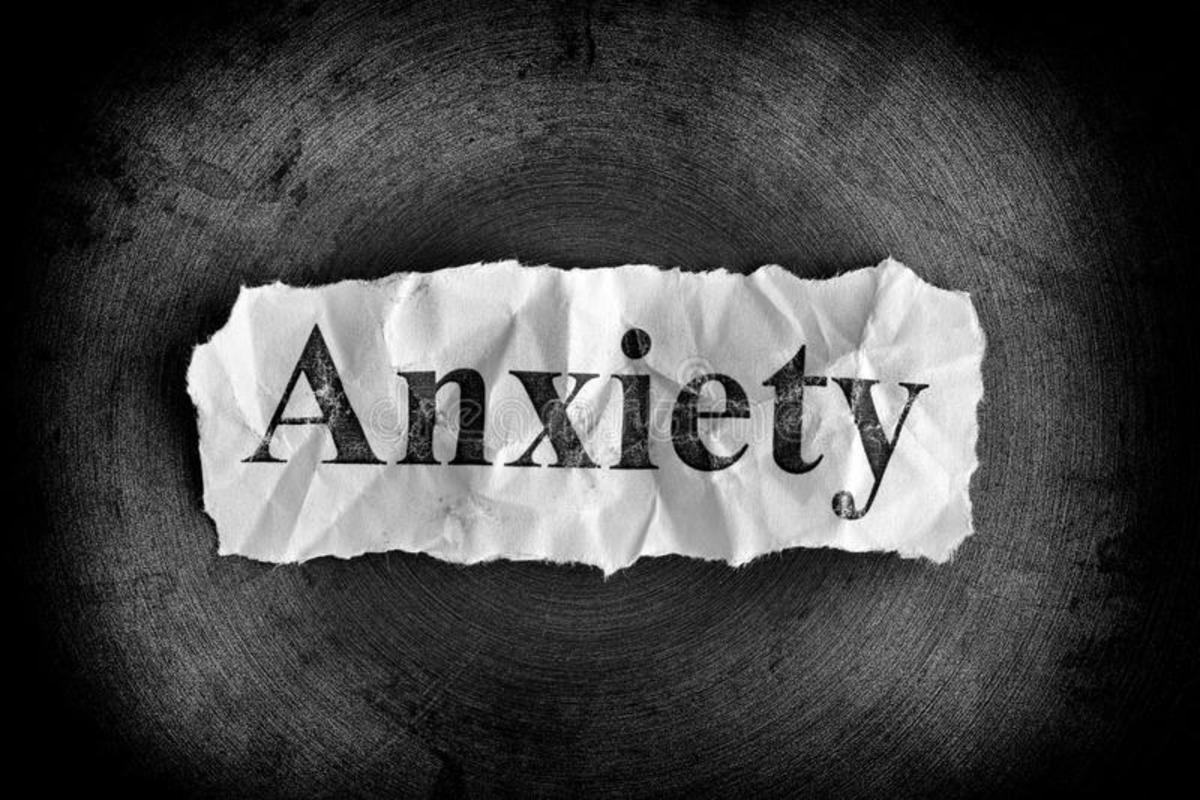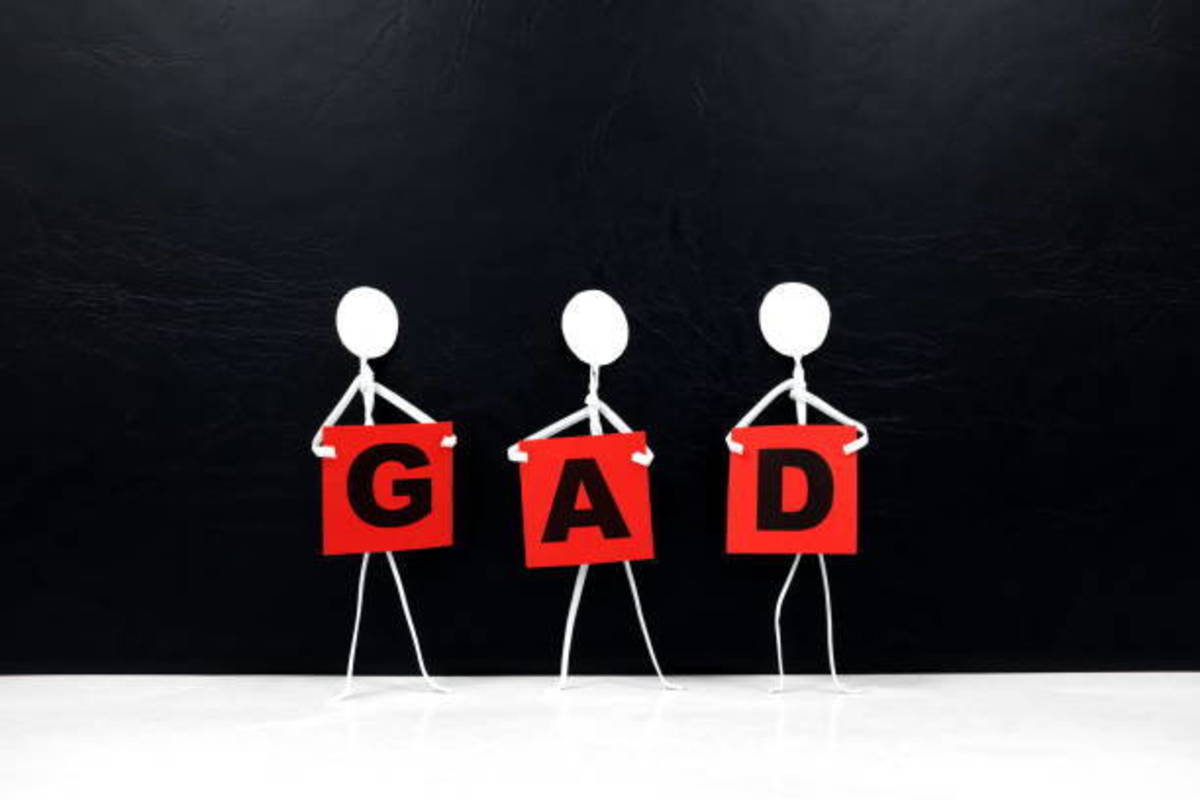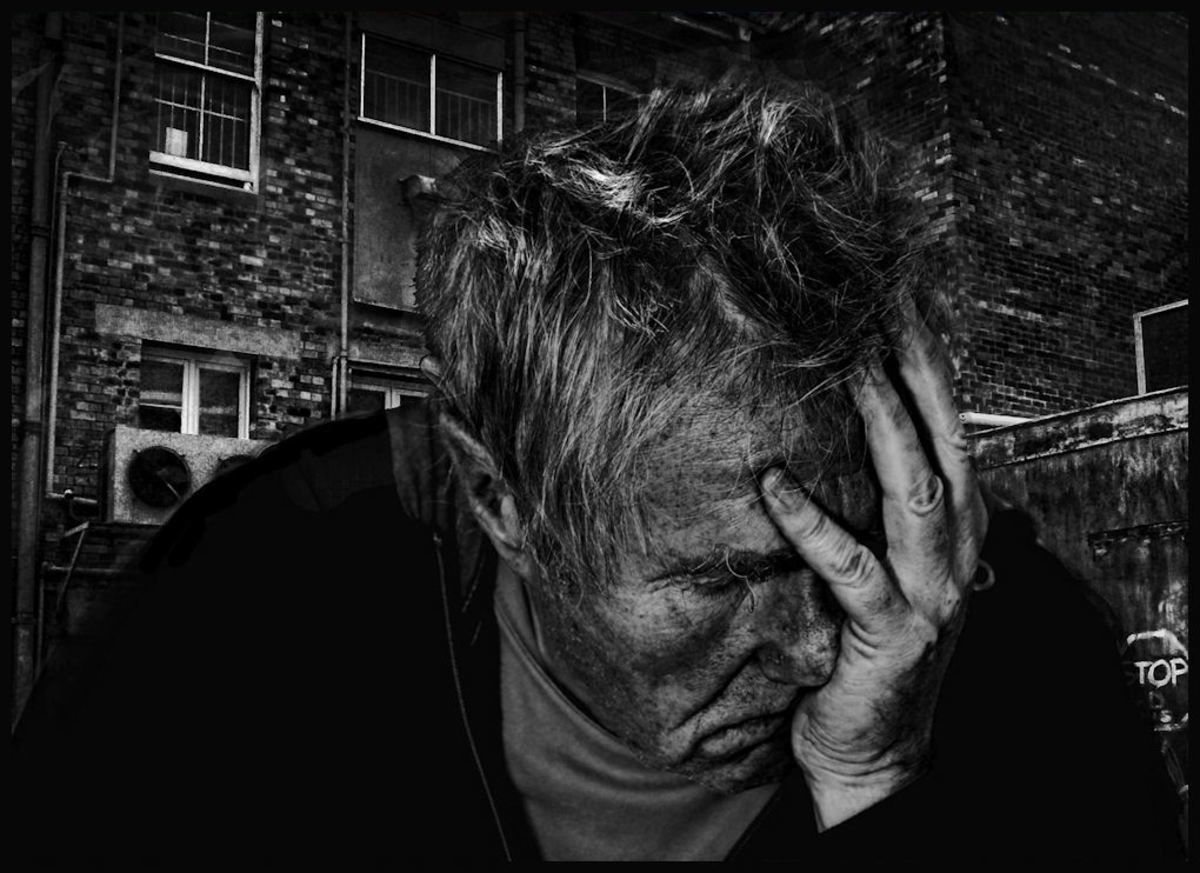Major Depression and Anxiety: Understanding Your Symptoms When You're Depressed and Anxious

Depression and Anxiety
Although major depression and anxiety are two distinct mental health conditions, they often go hand-and-hand. Indeed, major depression and anxiety occur together so often that it may be difficult to determine what symptoms area part of major depressive disorder and which stem from anxiety.
The distinctions between depression and anxiety become even more blurred when anxiety goes beyond "normal" everyday worries and into the realm of an anxiety disorder. Further, anxiety disorders can take several forms. While persons with generalized anxiety worry about a number of different issues--everything from family to work to finances--persons with phobias, another type of anxiety disorder, worry about one specific thing, such as fire, death, snakes, spiders or car accidents. Likewise, people who have experienced life-threatening trauma such as military combat service or have survived a natural disaster such as a flood or a fire may develop Post-Traumatic Stress Disorder. Each type of anxiety disorder shares some symptoms with depression, so it is often necessary to treat both conditions together, either through medication or talk therapy.
Common Symptoms of Major Depression and Anxiety
Major depression and anxiety often share several common symptoms, including insomnia/sleep disturbances, fatigue, difficulty concentrating, and restlessness. Additionally, persons with major depression and anxiety may feel symptoms specific to major depression, such as feelings of worthlessness, inappropriate guilt, weight loss or weight gain, and feelings of sadness or emptiness. Similarly, individuals with major depression and anxiety, often experience other anxiety-specific symptoms, such as feeling edgy, keyed up, tense, and irritable. While some persons with major depression and anxiety may have difficulty carrying out basic daily tasks, many people who are depressed and anxious are able to function at normal levels in spite of their symptoms.
Isolation - A Short Documentary on Depression & Anxiety
Causes
Major depression and anxiety can stem from a number of sources. Stress is one common source. For example, working in an unfulfilling job or in a workplace that is hostile or unsupportive can lead to both depression and anxiety. Likewise, a troubled marriage can lead to both symptoms of worry and sadness. Parenting experiences--such as a child with a disability or challenging behavior can also contribute to these conditions. It is also relatively common to see both depression and anxiety after a loved one's death, particularly if it was violent or unexpected.
Traumatic stress—such as serving in a war, getting in a car accident, or being a victim of a crime may cause many symptoms of depression and anxiety. That said, less severe traumas can also lead to depression and anxiety. For instance, you may feel shock, sadness, or upset when your adult child moves out of the house. Likewise, moving, changing jobs, getting married, or having a baby can lead to mixed feelings of sadness and anxiety, even if these events are also mixed with positive emotions. Keep in mind, just because you are "supposed" to feel happy about life's changes does not mean you will. There are no right or wrong emotions.
Additionally, chronic illnesses can lead to depression and anxiety. Often, the shock of being diagnosed with an illness can create worry and sadness by itself. For some individuals, anxiety and depression can stem from biological and genetic causes. Indeed, many chronic illnesses affect the brain chemistry and create symptoms of anxiety and depression. Even if you have not been diagnosed with a mood disorder or anxiety disorder, getting a through check-up by your medical doctor can be a good step in figuring out why you are depressed and anxious. This is particularly important if you depression and anxiety comes on suddenly, without being provoked any sudden life changes or stressors.
Treatment of Anxiety and Depressive Disorders
Full-Symptom Depression/Anxiety Treatment Approach
Persons with anxiety disorders such as Post-Traumatic Stress disorder may also have increased nightmares, especially about the incident that caused that trauma. For example, a veteran may have nightmares that involve being shot at or having one's family threatened by "enemies." Because low quality of sleep can increase the symptoms of depression, failing to treat any an anxiety disorder can make it difficult to treat depressive symptoms. In short, treatment unusually must take a "full symptom" approach that looks at the overall well-being of the client rather than a specific disorder, such as PTSD or Major Depressive Disorder.
Major Depression and Anxiety Treatment
There are many effective treatments for major depression and anxiety. For mild cases of these conditions, lifestyle changes can make a significant difference. For example, cutting down on stressful activities, exercising regularly, eating a balanced diet, and abstaining from alcohol and drugs can significantly improve one's condition. For more serve cases of major depression and anxiety, psychotherapy can be highly effective. In therapy, a psychologist or professional counselor can help an individual client identify the sources of his her symptoms and help the client learn new techniques for managing stress and coping with difficult situations. For severe cases of anxiety and major depression, therapy and medication is the most effective course of treatment. Today, many antidepressants and anti-anxiety medications are effective, inexpensive, and have few side effects.
Self-Help for Depression and Anxiety
When depression and anxiety interfere with your ability to carry out day-to-day tasks or get in the way of your important relationships, then seeing a doctor, counselor, or psychiatrist may be necessary. Research has shown that a combination of medication and talk therapy is usually the most effective treatment for co-occuring depression and anxiety disorders.
However, if you have mild depression or anxiety or even if you are seeing a mental health professional, stress management and relaxation, particularly at bedtime, can be effective at helping you clear your mind from negative or worry-provoking thoughts. Because there is a clear link between the quality of one's sleep and one's emotions, getting a good night's sleep is an effective self-help tool. One particularly effective strategy is to exercise for 15-30 minutes before going to bed. Walking, stretching, yoga, or light aerobics can promote better sleep as well as increase neurotransmitters in your brain that promote feelings of well-being. Likewise, meditation can be a good way to sleep better. Simply clearing your mind of all thoughts and lying or sitting still for five minutes can increase your sense of well-being. While you are meditating, you may also want to envision a relaxing scene, such as a beach or a lake. If you are religious, praying or focusing on a verse or message that is meaningful to you can also promote positive feelings before bed.
Learning how to say "no" can also be a useful tool in helping decrease your anxiety and depression. All too often, people over-commit themselves to projects at work, school, or in the community. Although socializing and participating in meaningful activities are a good way to relax and improve your mood, taking on too much can make you feel worse, particularly if you are low on energy and sleep. Before you choose to commit to an activity, make sure that you are saying yes because you want to help or participate, not simply because you feel like this is something expected of you. Also be realistic with your time. If you currently struggle to maintain the energy to carry out your duties at home and work, taking on more projects may not be a good choice for you at this time. Remember: focusing on your own mental health is not selfish. Indeed, it is a good long-term investment in your time, not just for you, but also for your family, friends, and community because it is difficult to be there for others when you are struggling with your own sadness and worry.
Relaxation Exercises for Anxiety and Depression
Find a Therapist in Your Area
- Find a Therapist, Psychologist, Counselor - Psychology Today
Psychology Today: Browse our extensive directory of the best therapists, psychologists and counselors near you.








